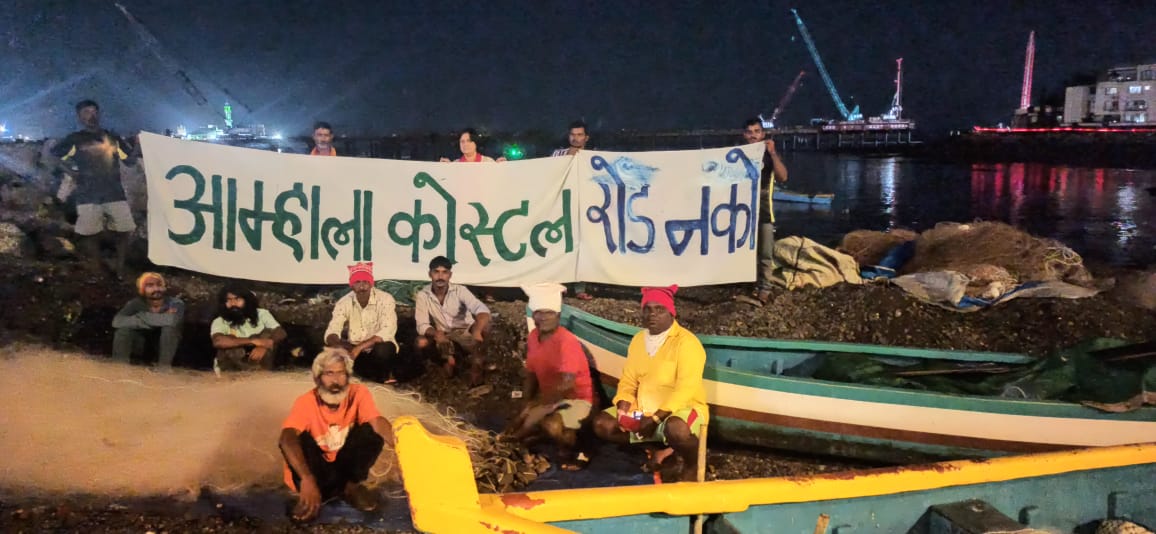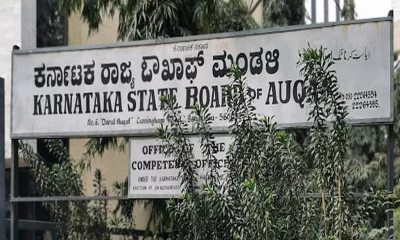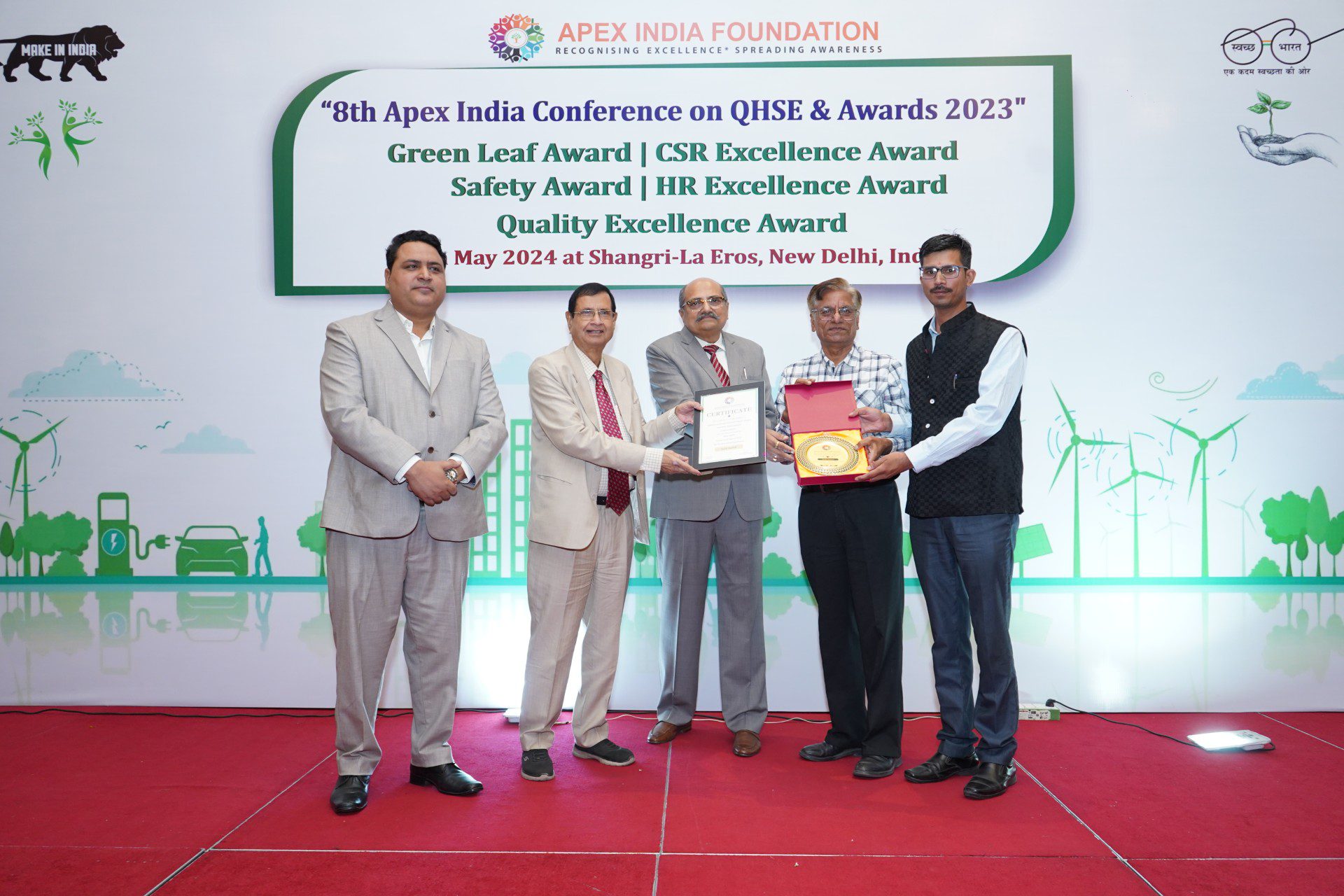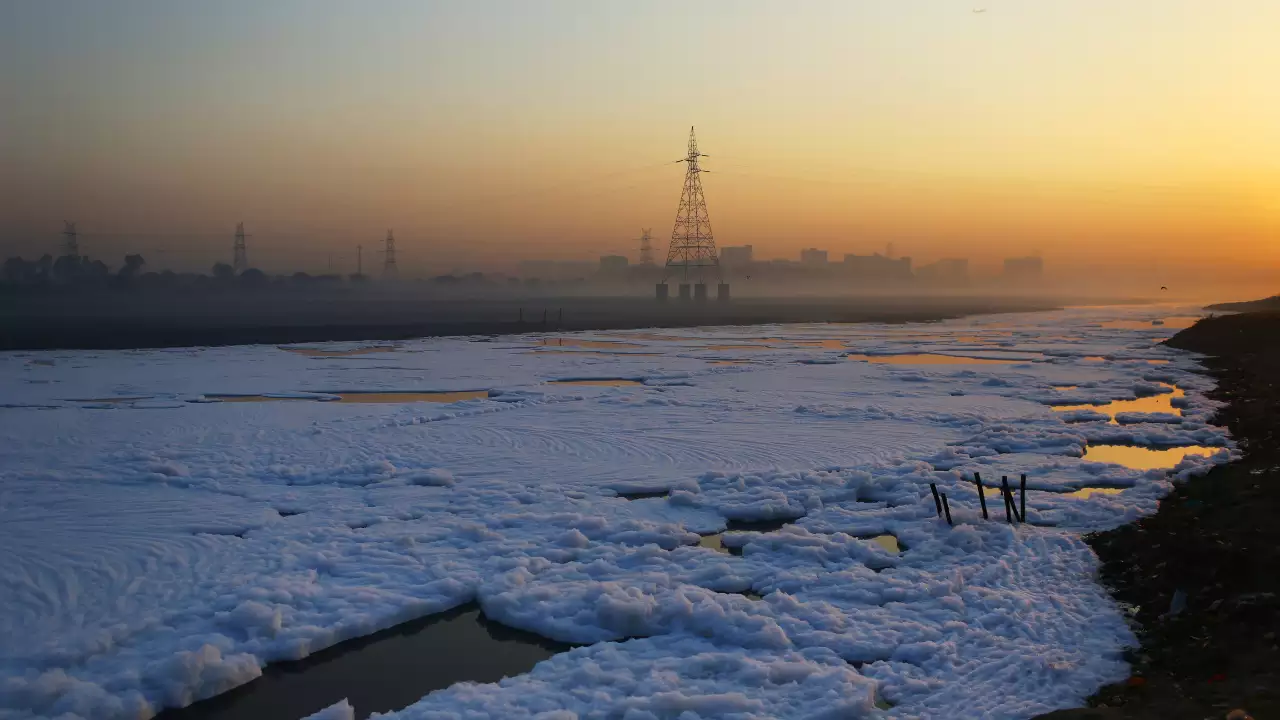Manak Sharma, Mumbai Uncensored, 16th November, 2023:
For decades, Delhi’s lifeline, the Yamuna River, has struggled with terrible pollution and neglect. The Delhi Government has, however, made noteworthy efforts to solve this problem and restore the river’s vitality. The government has made progress toward restoring the Yamuna River through changes in legislation, the building of infrastructure, and community involvement.
Over the years, the Yamuna River has become severely polluted. It suffers from high levels of industrial and domestic sewage discharge, leading to foul odor, reduced aquatic life, and health hazards. Toxic pollutants and garbage have taken over its once-pristine banks, posing a significant environmental and public health crisis. The polluted Yamuna River has detrimental effects on the lives of Delhi’s residents. Contaminated water leads to widespread health issues, while its foul odor and unsightly appearance negatively impact the quality of life. Moreover, the river’s deteriorating condition poses economic challenges and threatens the city’s ecosystem, affecting livelihoods.
To address Yamuna River pollution, the Delhi government has put in place a comprehensive package of legal and policy initiatives. The “Yamuna Action Plan” unveiled in 2018 was one of the main projects. Through targeted measures, this plan attempts to reduce pollution and re-establish the biological equilibrium of the river. To limit the amount of pollutants that industries may release into the river, strict laws are enforced, and routine inspections are conducted to ensure compliance.
Additionally, the “Yamuna Revitalization Plan” was developed by the Delhi Jal Board in cooperation with other partners. This strategy is centered on managing solid waste and wastewater effectively while also conserving water resources. It emphasizes the necessity of coordinated planning across many government departments in order to handle the intricate problems brought on by river pollution.
The Yamuna River’s recovery has also been greatly aided by effective sewage treatment and waste management. Sewage treatment plants (STPs) are being built along riverbanks since the Delhi government realized the necessity for extensive sewage treatment infrastructure. Prior to being released into the river, these STPs purify domestic wastewater, greatly lowering the pollution load. The capacity of the city’s sewage treatment system was increased with the commissioning of several large-scale STPs.
To stop waste from being dumped into rivers, the government concentrates on solid waste management in addition to sewage treatment. The establishment of garbage segregation facilities encourages residents to segregate recyclable waste from non-recyclable rubbish. Facilities for recycling the gathered garbage are also established. Through these activities, the Yamuna River’s general health has improved by reducing the amount of solid garbage that it receives. The citizens of Delhi have also started becoming more vocal about government initiatives.
The Yamuna River ecology needs to be restored, and this requires significant reforestation initiatives and biodiversity preservation measures. The Delhi government launched extensive tree-planting programs along the riverbanks in coordination with environmental groups and other communities. These programs attempt to improve the overall environment for different flora and fauna species, stabilize the soil, and lessen erosion.
To increase the river’s ability for natural filtration and to aid in the resurgence of aquatic life, wetlands, and biodiversity parks are being developed. These wetlands serve as a natural barrier, removing pollutants and enhancing the quality of the water. Additionally, they offer a favourable habitat for the development of aquatic vegetation and the reproduction of fish, assisting in the restoration of the river’s biodiversity.
The Delhi Government’s initiatives to conserve the Yamuna River have included raising public awareness and encouraging community involvement. The government ran massive awareness campaigns, involving individuals in public gatherings, social media, and educational initiatives. The necessity of maintaining a clean river was made clear to the populace, and they were urged to take an active role in conservation efforts. Additionally, the government organized regular cleaning campaigns and river rejuvenation programs in conjunction with non-governmental organizations and community groups, energizing nearby communities for a common goal.
The Delhi Government concentrated on riverfront development and the provision of recreational places to re-establish a connection between the people of Delhi and the Yamuna River. The Yamuna Riverfront Development Project was started by the government to convert the riverbanks into energetic public areas. The establishment of parks, walkways, and bike lanes alongside the river gave residents recreational possibilities and raised awareness of the significance of the river’s revival.
To compare the cleanliness of the river pre and post-cleaning initiatives, exact facts and figures are required. The amount of sewage discharged into the Yamuna River has decreased by 50% since 2013. The number of industrial units discharging waste into the river has decreased by 70%. The amount of garbage collected from the riverbed has increased by 100%.
To conclude, the result of Delhi Government’s attempts to revitalize the Yamuna River still needs more focus despite the actions already taken. It is difficult to predict how long it will take to actually clean the river completely and bring it back to its pre-industrialized level. The government has made significant strides in reducing pollution and re-establishing the biological balance of the river through legislative changes, sewage treatment, waste management, afforestation, and community involvement. However, maintaining these successes and guaranteeing the Yamuna River’s long-term health will require more dedication, oversight, and creative solutions.





 Health2 days ago
Health2 days ago


 Special Editions2 days ago
Special Editions2 days ago


 Special Editions1 day ago
Special Editions1 day ago


 Special Editions3 months ago
Special Editions3 months ago


 Special Editions2 days ago
Special Editions2 days ago













